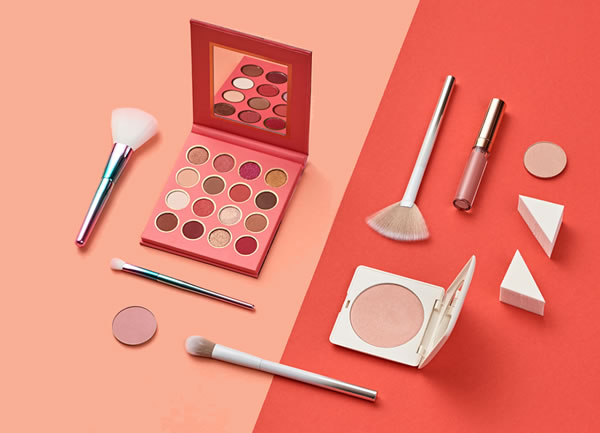You may have seen some media coverage of a new study conducted in the USA, reporting that chemicals in cosmetics and personal care products, as well as in many other products, can increase the risk of breast cancer. CTPA understands that this may cause some worry, so we would like to provide some further information about why the study does not show that chemicals in cosmetics increase breast cancer risk.
All cosmetics and personal care products must be confirmed as safe before any of us can buy and use them, by law.
The study does not show that cosmetics and personal care products increase breast cancer risk
The study is purely theoretical, with the researchers investigating several publicly-available databases of many chemicals to identify any which had evidence, or some evidence, for inducing tumours relevant to breast cancer. However, this information does not take into account how these chemicals are actually used. The study is not backed up by any evidence in real life that cosmetics and personal care products, whether or not they contain any of the chemicals investigated, cause breast cancer. In fact, the study itself doesn’t actually mention cosmetics or any other products that we use in our daily lives.
As the study does not consider real-life cancer incidences, it cannot consider other factors which may be associated with cancer; for example, genetics and lifestyle factors. It is therefore an oversimplification to state that the study has any link to real-life cancer incidences.
Robust evidence on safety
Companies who make and sell cosmetics and personal care products must know a lot of information about the cosmetic ingredients they use in order to ensure their use is safe.
While laboratory-based tests and academic studies can provide some helpful information, the safety of a chemical is based on far more evidence because our bodies are much more complicated than a test-tube. This includes knowing how an ingredient works and how much of an ingredient is used in a product, where it will be applied, by whom and how often – this is called ‘exposure’. All of this critical information helps build a full and accurate picture of what all these findings mean in real-life.
Safety is core to the law
All cosmetic products sold in the UK are regulated by strict UK legislation(1). The most important purpose of these laws is to protect the safety of those who use cosmetics.
In order for us to be fully confident in the safety of our products, it is essential that cosmetic products and their ingredients undergo safety assessments which take into account our biology, and how we will interact with the ingredients when we use a product. For example, whether we apply it to our skin, hair or teeth and how much of the ingredient it contains.
This legally required safety assessment looks at the wealth of science behind the ingredients, who uses the products, how and where they are used and how often over a lifetime. Once on sale, companies continue to monitor consumers’ use of their products, for example by recording and monitoring any undesirable reactions, as well as reviewing any new science that becomes available, to confirm the safety of products on an ongoing basis.
We can have confidence in the safety of all our cosmetic products.
“As we all use cosmetics and personal care products daily for our hygiene and wellbeing, I would like to provide reassurance that cosmetics and personal care products are safe and do not cause breast cancer. This study reworks information already available in publicly-accessible databases and it does not show that cosmetic products, or their ingredients, contribute to breast cancer.
All ingredients in cosmetics and personal care products undergo much research, carried out by both industry expert scientists and independent scientists reporting to authorities across the world, before being introduced to the market. Also, every single cosmetic product must be approved as safe by a safety expert before being sold." Dr Emma Meredith, CTPA Director-General
- For further information about interpreting scientific study results, Sense About Science has a helpful guide: ‘I don’t know what to believe’.
- Information about cosmetics ingredients can be found on COSMILE Europe, a European cosmetic ingredient database that offers reliable, verified and scientifically supported information on almost 30,000 ingredients used in cosmetics. The Cosmile Europe App is also available for free on Apple store and Google play. More information on: COSMILE Europe app launch – Cosmetic ingredients information at your fingertips (ctpa.org.uk)
(1) For more information about the UK cosmetics regulation, please visit Cosmetic Safety (ctpa.org.uk)

